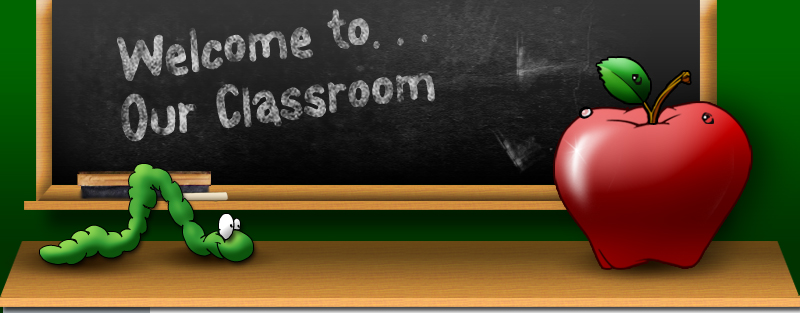One Stop Study Shop is a miniature database that is to assist students in subjects that they are having difficulty with. One of the topics that we cover is Music. We have broken down Music into 2 classes that is offered at New York City College of Technology. The 2 classes are MUS 1202 which is Fundamentals of Musicianship and MUS 1203 which is Piano. Our site is to give students a “virtual tutor” in order to assist the students when their professors are not around. MUS 1202 covers the basics of music and instrumentation. Topics that we cover are Sight Reading, Symbols, Rhythm and Tempo. Each topic contributes to the foundation of music. Depending on the level of experience a student has the topics that we cover can be very challenging which is why we have this site open for everyone. The next class that we cover is MUS 1203: Piano. A basic instrument in music is the piano and learning the basic elements of music derive from the piano. Being able to identify the notes and symbols on a sheet of music is essential and all that can be done on the piano. We go into a deeper study of piano with helpful tips, links and videos so that we are able to accommodate those who are visual and literal. The quick links that we provide are from YouTube. YouTube provided a wide spectrum of videos to choose from that will guide the students to broaden their knowledge of music. The domain site http://www.easypianobasics.com provided a thorough explanation of the basics of piano.
Another category that we divided into several subgroups is math. Specifically we cover materials and topics specific to the courses offered at New York City College of Technology. One section is MAT 1372: Probability and statistics. We divided the section into two parts, probability and statistics. For each we included a breakdown of the lessons with links to Stat Trek’s Statistics Tutorial website. The tutorial site has a detailed explanation of each lesson, videos to help explain the methods and sample questions in the end so one can see if they have understood. The answers to the questions are presented beneath them. Stat Trek is a simple way to help you teach yourself statistics by providing what’s needed in a simple and easy to follow way.Another section is MAT 1475: Calculus I. This section was divided into several more general topics that is always covered in Calculus I and they are: limits, derivatives, local max/min, L’Hospital’s rule, and implicit differentiation. For Calculus topics, we used patrickjmt.com. Patrick Jones is a math tutor and launched his own website to share tutorial videos on how to solve math problems. Step by step guides with sound to make the problems easier to understand and easier to follow Jones on how to get the solutions. The website also includes several examples of certain topics if the viewer doesn’t understand what Patrick Jones did the first time. We also used a few more videos from other sources such as educator.com and youtube.com to provide a clearer insight on a certain topic.Along with Math 1372 and Math 1475 we also have Math 1375: Pre calculus this was also broken down to a few major sections they are, Vectors, Complex Numbers and Rational Functions. We went about searching the web and found the best examples that were easy to follow and learn from. Several of our finds came from YouTube but from different accounts. Also Videos from www.khanacademy.org/math/precalculus. The videos give you the privilege of going back and watching a step that you might have forgotten and looking over those steps and how their done as many times as you need.The videos we choose gave very good examples and were to the point some even give tricks in which students could use to better understand or remember key aspects of the topic. on some the sites we’ve collected students after going over the videos can test their knowledge with practice problems with a range of difficulties.I believe that this is existential for students in learning anything for if you learn something but don’t practice it chances are you will forget . Our sites main objective is to supply students with a faster way to get the answers and to understand those seemingly difficult topics by doing the hard work of finding the best sites on those topics and putting them under one roof saving you a ton of time frustration.



